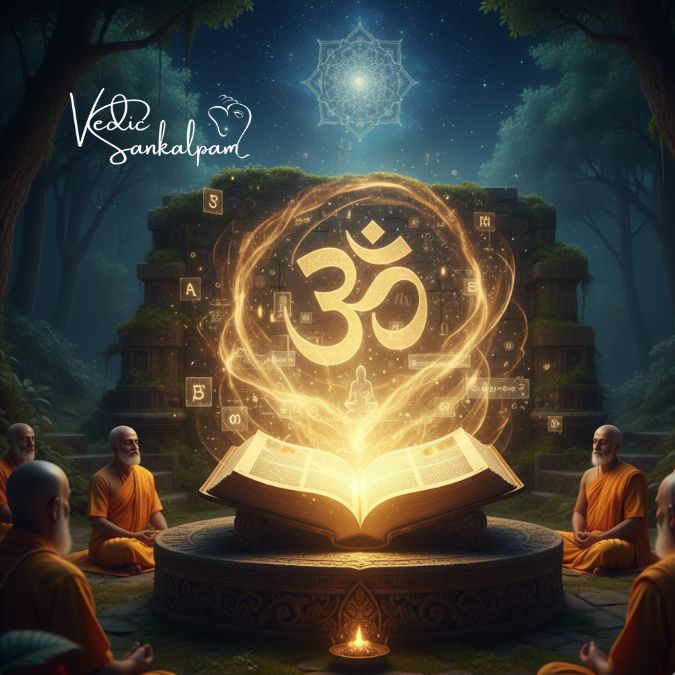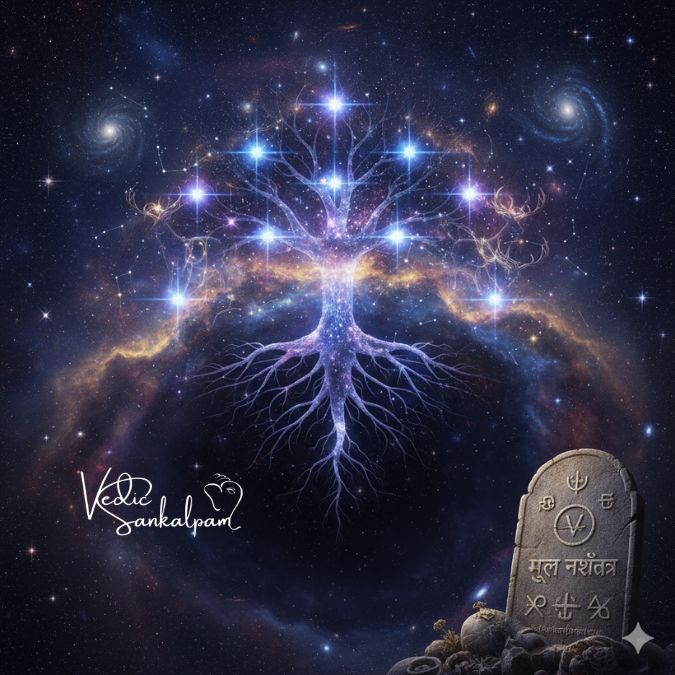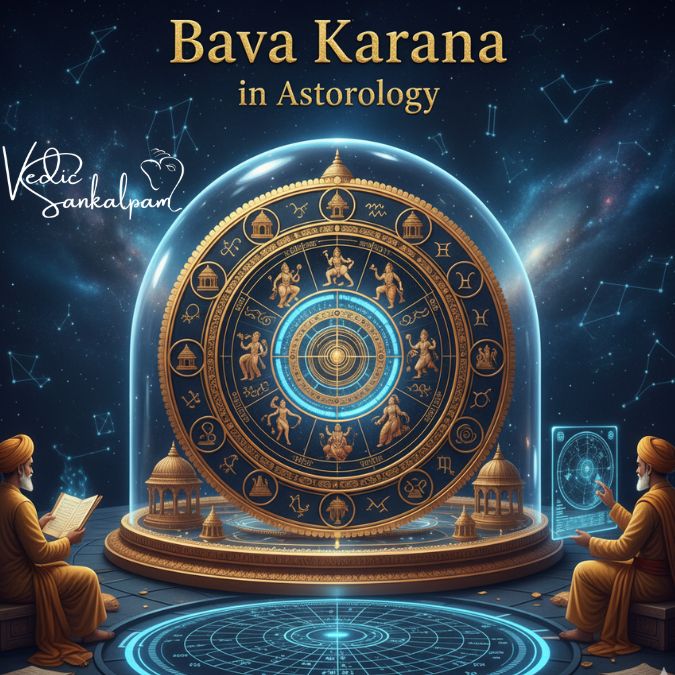Vedic Gyan: The Eternal Wisdom of Ancient India
Introduction to Vedic Gyan
The term Vedic Gyan translates to Vedic Knowledge — the sacred wisdom preserved in the ancient Indian scriptures known as the Vedas. This knowledge is not just religious; it’s a complete philosophy of life covering spirituality, science, morality, and the cosmos.
What Is Vedic Gyan?
Vedic Gyan represents the understanding of universal truths revealed through meditation and divine realization by ancient sages (rishis). It’s the timeless guidance for living a harmonious and meaningful life aligned with nature and cosmic order.
The Roots of Vedic Knowledge
Originating more than 5,000 years ago, the Vedas are considered Apaurusheya — not of human origin. They were received through deep meditation and passed orally for centuries before being written down in Sanskrit.
The Origin and Meaning of the Vedas
The Four Vedas Explained
Rigveda – The Knowledge of Hymns
The Rigveda is the oldest and most revered among the four. It consists of over 1,000 hymns dedicated to various deities like Agni (fire), Indra (thunder), and Surya (sun). It focuses on invoking divine energies for balance and prosperity.
Yajurveda – The Knowledge of Rituals
The Yajurveda is a practical manual guiding priests in performing rituals and sacrifices. It teaches how to maintain cosmic harmony through sacred actions.
Samaveda – The Knowledge of Music and Chanting
Known as the foundation of Indian classical music, Samaveda transforms hymns into melodies that elevate the soul. It emphasizes the role of sound in connecting with divine consciousness.
Atharvaveda – The Knowledge of Everyday Life
The Atharvaveda is unique — it blends spiritual practices with practical wisdom, including healing methods, herbal remedies, and ethical guidance for daily living.
The Language of the Vedas – Sanskrit
Sanskrit, the language of the gods (Deva Bhasha), is used in the Vedas. Its vibrational nature makes it not just linguistic but energetic — each sound carries divine resonance.
The Structure of Vedic Gyan
Shruti and Smriti – The Twin Pillars
Shruti means “that which is heard” — direct revelations like the Vedas and Upanishads.
Smriti means “that which is remembered” — texts like the Mahabharata and Ramayana that interpret and explain Vedic wisdom.
Vedangas – The Limbs of Vedic Learning
The Vedangas are six auxiliary sciences that help understand and apply Vedic knowledge — phonetics, grammar, astronomy, rituals, metrics, and etymology.
Upanishads – The Spiritual Core of the Vedas
The Upanishads are the essence of Vedic philosophy, exploring the nature of reality, the self (Atman), and the ultimate truth (Brahman). They emphasize self-realization over ritualistic worship.
The Philosophical Foundation
Dharma – The Cosmic Law
Dharma is the principle that upholds the universe. It guides every being to live in harmony with truth, righteousness, and duty.
Karma – The Law of Cause and Effect
Every action has consequences — that’s Karma. Vedic Gyan teaches that conscious living and ethical choices shape one’s destiny.
Moksha – The Ultimate Liberation
Moksha is freedom from the cycle of birth and death (Samsara). It’s achieved through self-knowledge, meditation, and detachment from material desires.
The Concept of Atman and Brahman
Atman (individual soul) is identical to Brahman (universal soul). Realizing this unity is the pinnacle of Vedic enlightenment.
Vedic Science and Knowledge Systems

Vedic Mathematics and Astronomy
Ancient sages discovered complex mathematical concepts like zero, infinity, and geometry long before modern science. The Vedas also describe cosmic cycles and planetary movements with astonishing precision.
Ayurveda – The Science of Life
Ayurveda, derived from the Atharvaveda, is a holistic healing system emphasizing balance between mind, body, and spirit through diet, herbs, and lifestyle.
Vastu Shastra – The Ancient Architecture
Vastu aligns human dwellings with natural energies for harmony and prosperity. It’s the Vedic equivalent of Feng Shui.
Yoga – The Path to Self-Realization
Yoga originates from the Vedas and aims to unite body, mind, and spirit. It’s a practical path to achieve inner peace and enlightenment.
The Spiritual Practices in Vedic Tradition
Yajna – The Sacred Fire Ritual
Yajna symbolizes transformation — offerings made into fire represent the surrender of ego and desires to divine consciousness.
Meditation and Chanting of Mantras
Mantras like Gayatri are sacred vibrations that purify the mind and connect the soul to higher consciousness.
The Power of Om
The sound Om is the essence of existence — representing creation, preservation, and dissolution. Chanting Om harmonizes body and mind with the universe.
Vedic Gyan in Modern Times
The Relevance of Vedic Teachings Today
Vedic wisdom provides timeless solutions for stress, moral dilemmas, and disconnection in modern life. It teaches mindfulness and sustainable living.
Vedic Wisdom in Personal and Professional Life
Applying Dharma and Karma principles can improve leadership, relationships, and work ethics, fostering balance and clarity.
Global Influence of Vedic Philosophy
From Yoga to Meditation, Vedic concepts are now embraced worldwide for their mental, physical, and spiritual benefits.
Misconceptions About the Vedas
Debunking Common Myths
Many believe Vedas are only for religious study, but they cover philosophy, science, art, and ethics. They are universal guides, not confined to any faith.
Vedas and Universal Truths
The Vedas emphasize that truth is one, though expressed differently by sages and cultures — a philosophy promoting unity in diversity.
Conclusion: Embracing Vedic Gyan for a Balanced Life
Vedic Gyan is not just ancient history — it’s living wisdom. Its teachings on consciousness, nature, and morality offer pathways to inner peace and universal harmony. Embracing it helps us reconnect with our roots while evolving spiritually and intellectually.
FAQs About Vedic Gyan
1. What does Vedic Gyan mean?
It means knowledge derived from the ancient Vedas, covering spiritual, scientific, and moral wisdom.
2. Are the Vedas still relevant today?
Absolutely. Their principles of mindfulness, ethics, and balance are timeless and highly applicable in the modern world.
3. Can anyone study Vedic Gyan?
Yes, Vedic Gyan is universal knowledge open to all seekers regardless of religion or background.
4. What is the main goal of Vedic philosophy?
The ultimate aim is Moksha, or liberation — realizing one’s divine nature and unity with the cosmos.
5. How can I start learning Vedic Gyan?
Begin by reading simplified texts like the Bhagavad Gita or Upanishads, practicing meditation, and exploring Vedic lifestyle principles.






